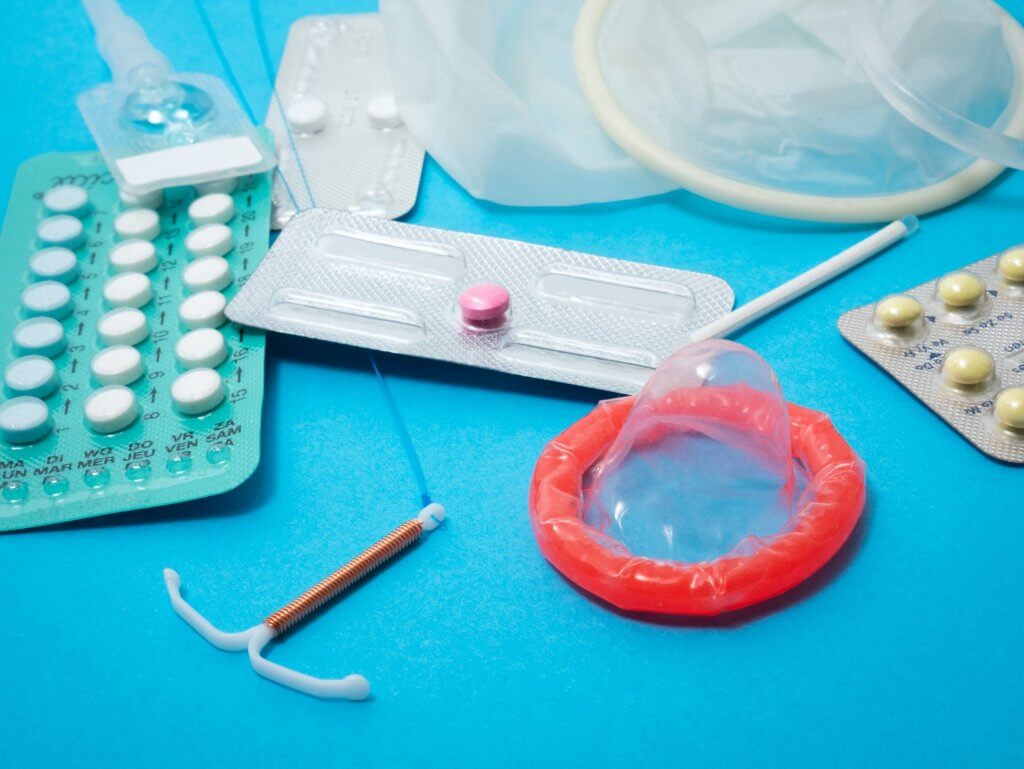QUEZON CITY, Philippines — As the battle over the abortion pill mifepristone continues to rage in the courts, a new study is providing surprising new insights into the chemical makeup of birth control pills — or contraceptives. An international team finds that the hormone dosage in common contraceptives could be up to 92 percent lower and still have the same effectiveness.
Despite the drop, researchers from the United States, the Philippines, and Denmark say these birth control methods still suppress ovulation and prevent unwanted pregnancies. A normal menstrual cycle involves multiple phases which depend on levels of various hormones.
Most contraceptives, including pills, injectables, and implants, contain either estrogen or progesterone to block ovulation, with some using both at the same time. Ovulation is the phase of the cycle in which an egg releases into the uterus and women are most likely to become pregnant.

Are current contraceptives overmedicating women?
The researchers looked at the hormone levels of 23 women between 20 and 34 years-old with normal menstrual cycles. They then developed models to show the interactions between natural hormone levels and the impact of hormones taken through contraception.
The model revealed that estrogen-only contraceptives could still work effectively when the total dose dropped by 92 percent. It also showed that it was possible to reduce the total dose by 43 percent in progesterone-only contraceptives and achieve the same results.
What’s more, by combining estrogen and progesterone, manufacturers could reduce the doses of each hormone even further. The model also revealed the importance of timing the hormones during the cycle. The team discovered ways estrogen and progesterone could be given during only certain phases of the menstrual cycle rather than by constant doses.
“These results may give clinicians insights into optimal formulations and schedule of therapy that can suppress ovulation,” the team wrote in bioRxiv, a pre-print server.
As for mifepristone, a progesterone blocker which can end a pregnancy within the first 10 weeks of conception, a U.S. appeals court revived the FDA approval of the drug on April 12. However, the ruling preserved parts of a separate court decision which blocked access to the abortion medication — potentially setting up a legal showdown in the U.S. Supreme Court.
The study is published in PLoS Computational Biology.
South West News Service writer Alice Clifford contributed to this report.

